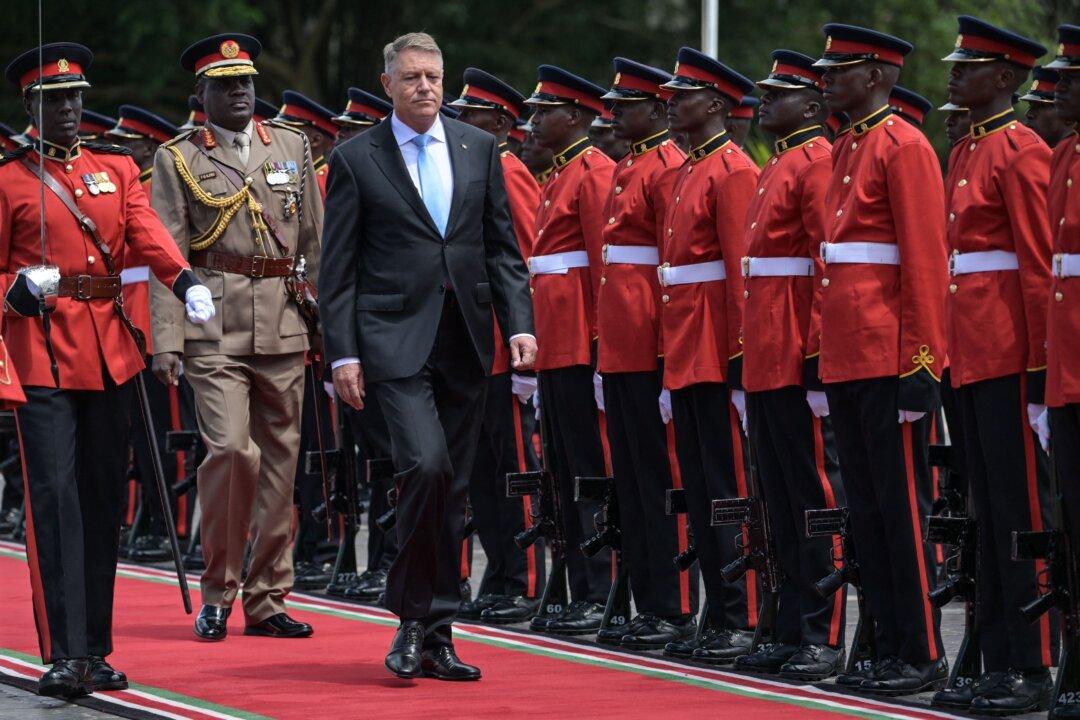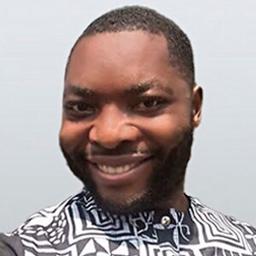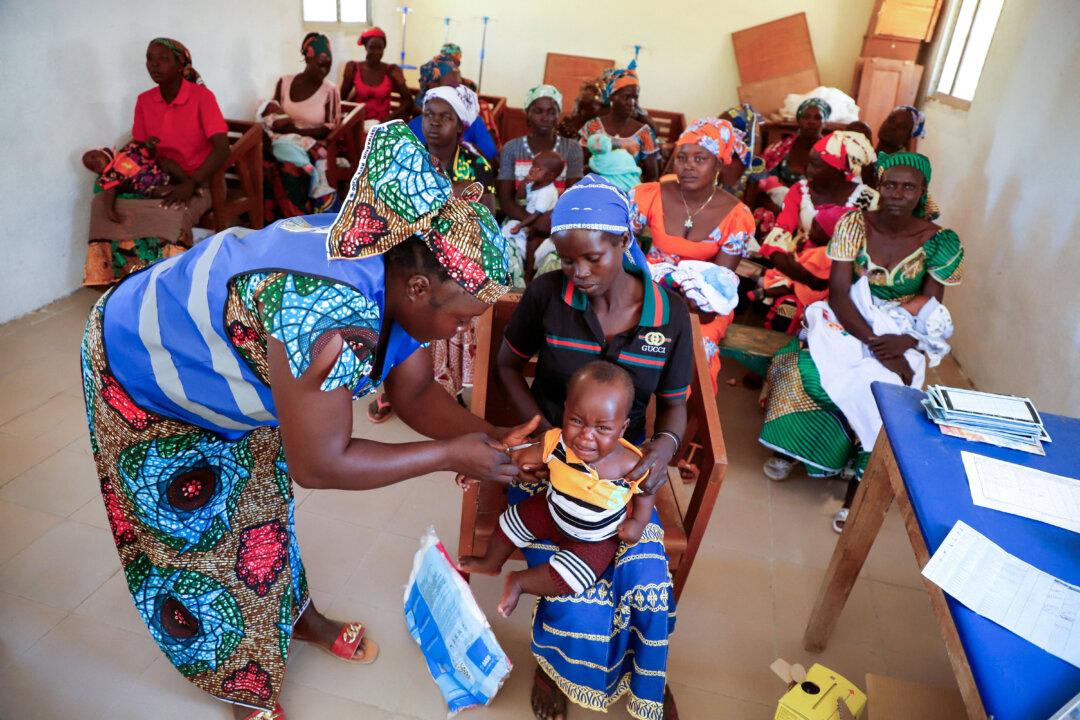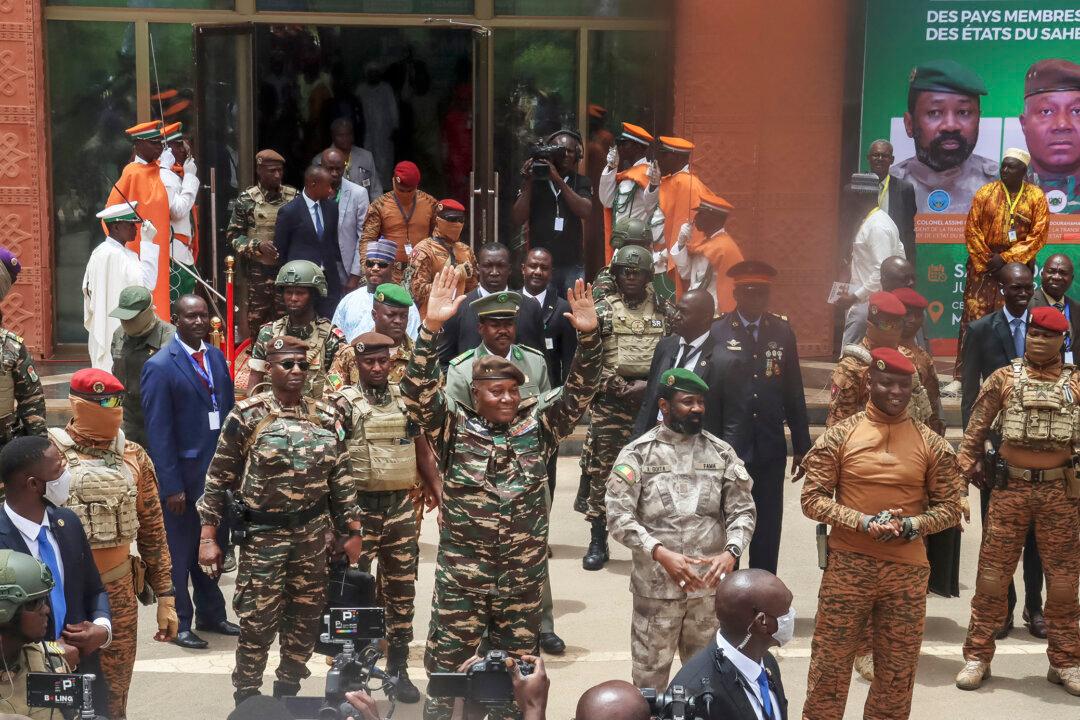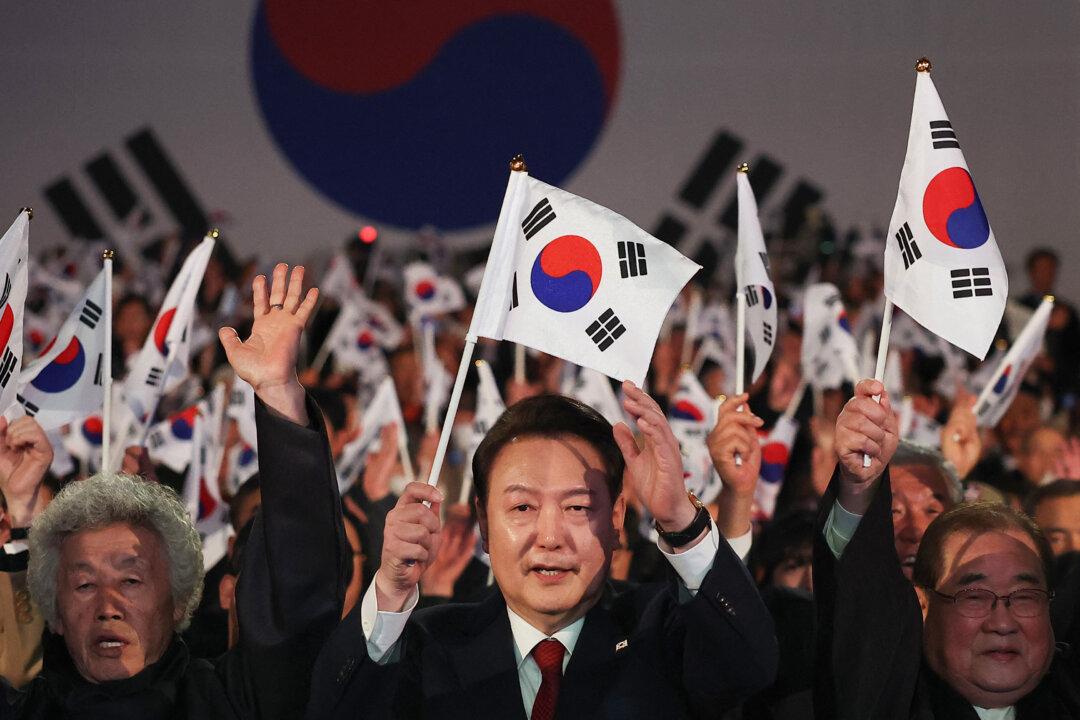Romanian President Klaus Iohannis says he has used his 10-day visit to Africa—the first by a Romanian leader in 30 years—to put the former communist state “back on the African radar.”
Mr. Iohannis’s Nov.14 to Nov. 23 tour of Africa—which took him to Kenya, Tanzania, Cape Verde, and Senegal—was shrouded in controversy back home, as critics questioned the very high travel costs and its economic benefits for Romania.
